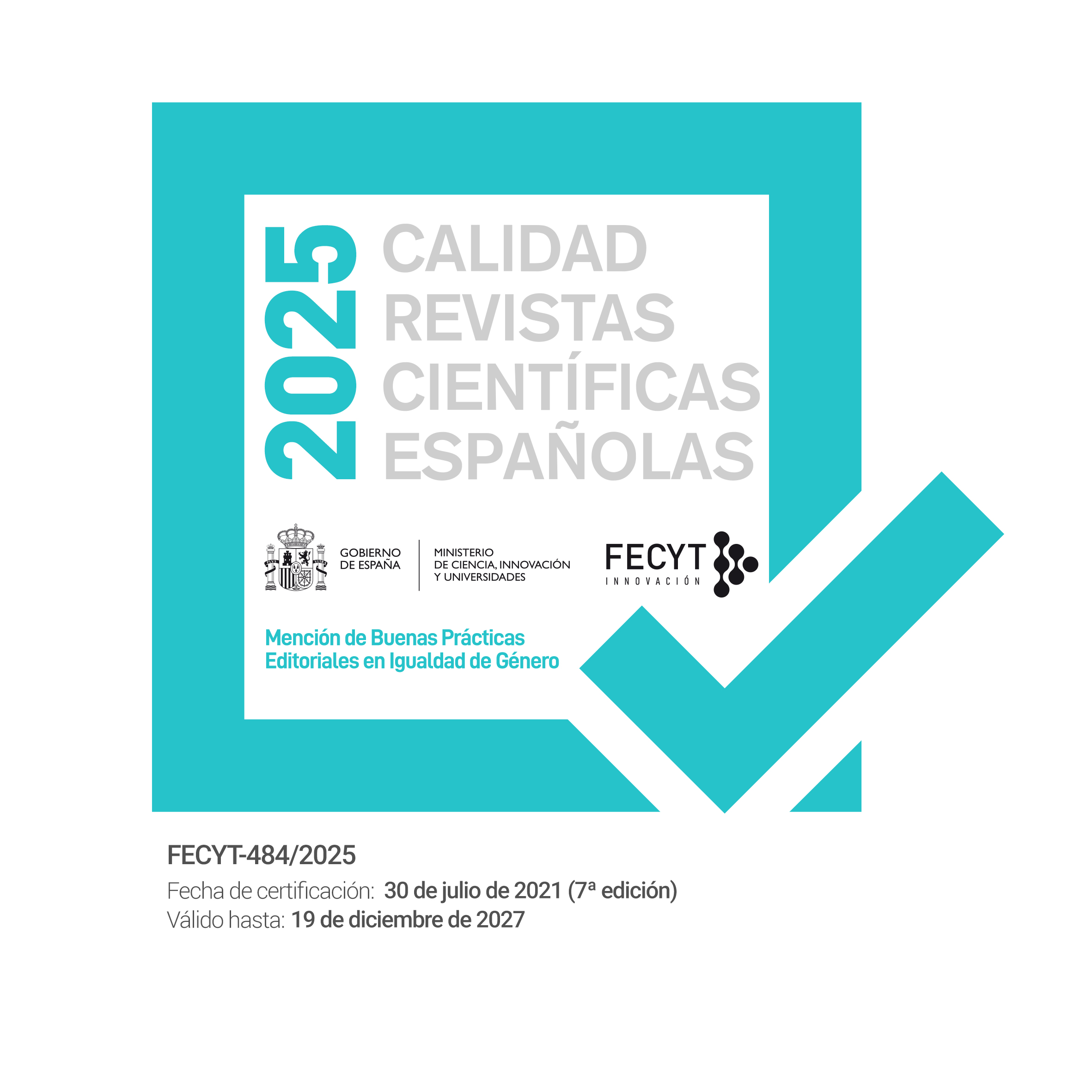The historical configuration of public school teachers in Colombia: from oppression to subordination, 1870-2002
DOI:
https://doi.org/10.5944/hme.1.2015.13277Keywords:
Teaching, Teacher as a knowledge-maker, Colombia, Pedagogical movement, Pedagogical knowledge, Pastoral power, Educational Sciences, Teachers UnionsAbstract
This article takes a brownian approach to the history of Columbia, tracing the configuration of the structural role played by schoolteachers (the teacher as subject) and in particular the three facets of their profession: as knowledge-makers, as public subjects and as social subjects. In all three instances they are subjected to the impulses of government power, pastoral power, political parties and union forces from within their profession. The article focuses on the fundamental changes in schoolteachers’ struggles, which move from the social demands of the oppressed (taken at large) to their struggles as specific, subordinate knowledge-makers.
Downloads
Downloads
Published
How to Cite
Issue
Section
License
Authors who publish in Historia y Memoria de la Educación agree to the following terms:
- Authors retain copyright and grant the journal right of first publication with the work simultaneously licensed under a Creative Commons Attribution-NonCommercial 4.0 International that allows others to share the work with an acknowledgement of the work's authorship and initial publication in this journal.
- Authors are able to enter into separate, additional contractual arrangements for the non-exclusive distribution of the journal's published version of the work (e.g., post it to an institutional repository or publish it in a book), with an acknowledgement of its initial publication in this journal.
- Authors are permitted and encouraged to post their work online (e.g., in institutional repositories or on their website) prior to and during the submission process, as it can lead to productive exchanges, as well as earlier and greater citation of published work (See The Effect of Open Access).












